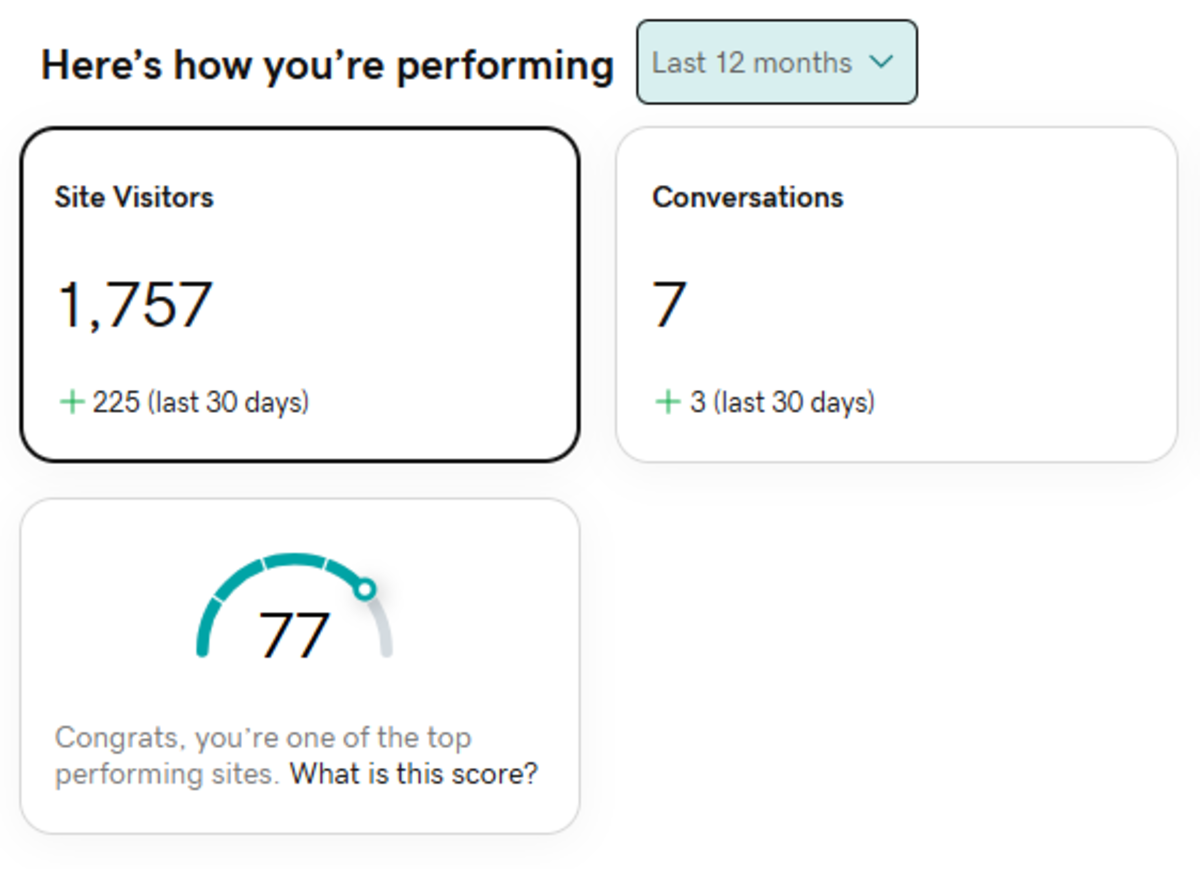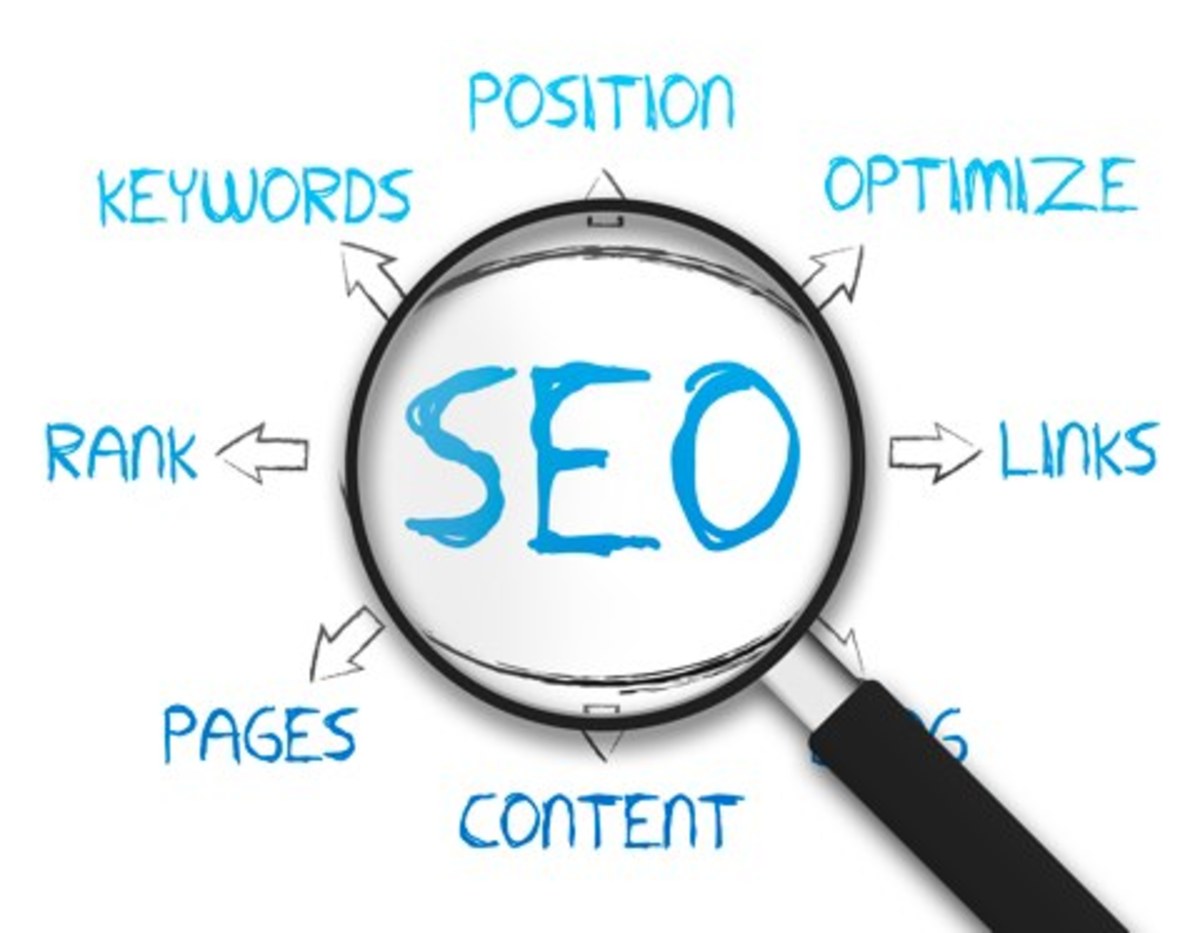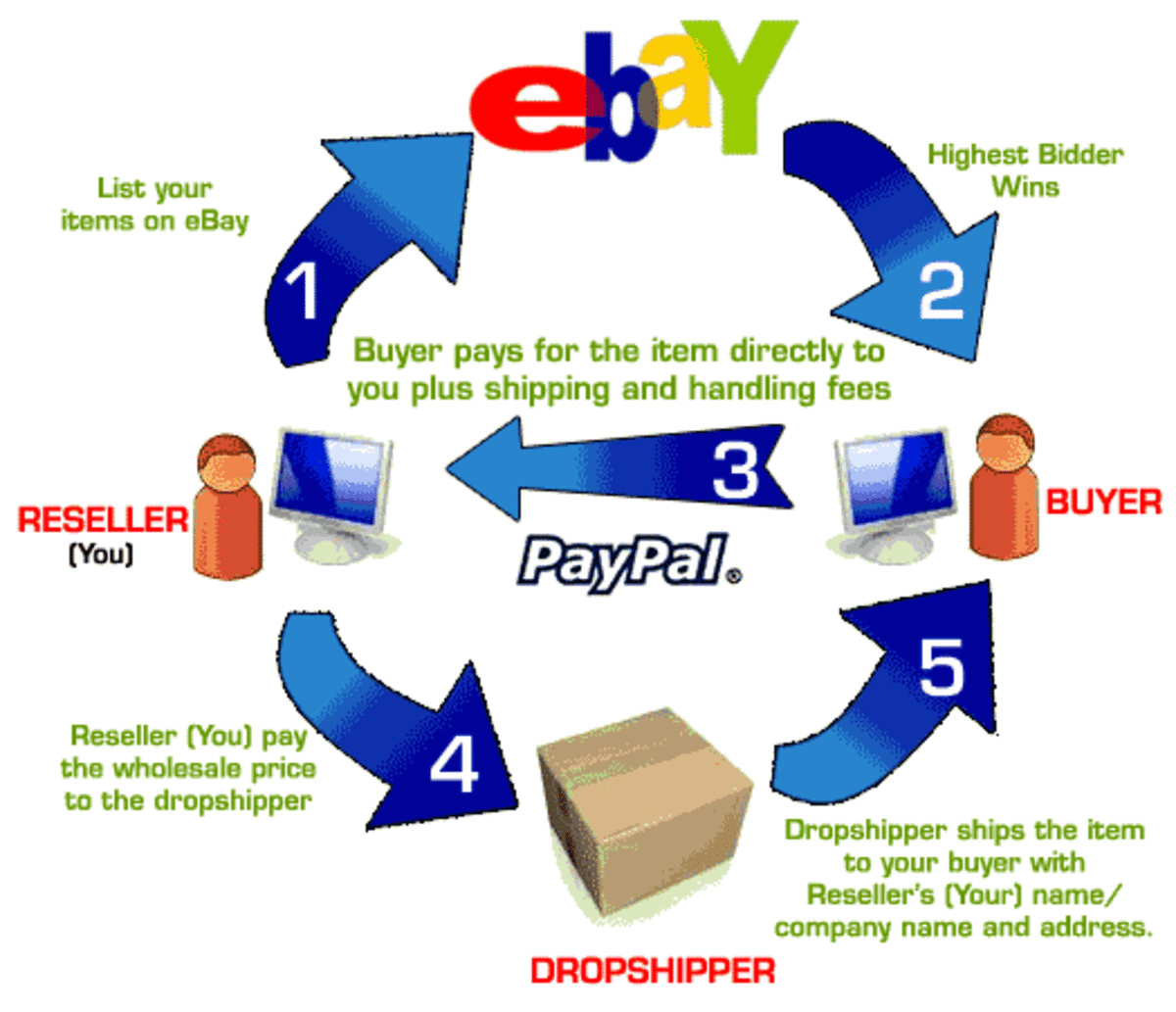How to Write SEO Friendly Articles
SEO

Search engine optimization
Search engine optimization and great content go hand in hand when websites want to rank high in search engine results.
There's no secret to SEO but for whatever reason many people either forget to include SEO elements or don't know how to write with search engine optimization in mind.
Here's how to write an SEO friendly article.

1. Write keyword rich titles
The title of an article fulfills two man objectives:
- Include keywords for search engine optimization
- Entice search engine users to click and read the article
The perfect blend for titles should include both SEO and elements that make the title one which others want to share and read more.
To craft an seo friendly title, include the main keywords within the first part of the title.
SEO

2. Write naturally but with keywords in mind
Keyword density is a highly debated topic when it comes to search engine optimization in articles.
Many argue there is a perfect ratio but overall the article needs to be one which people actually want to read - not meant just for search engines.
When writing SEO friendly articles, include keywords when need be but write each article with a natural progression and flow.

3. Use proper html tagging
In the backend of articles when placed on a web pages, html uses a series of tags to determine the hierarchy and importance of the text.
For the title, the highest level heading tag (H1) should be used. Every other section such as the subheadings should use the lower level heading tags (H2 and H3).
If unsure, check the web page to ensure the html is properly coded so the full effect of search engine optimization can take effect.

4. Use keywords in the meta tags
The meta tags sit in the header section of a web page; the most important is the meta description.
Years ago, the meta tags were important but from constant abuse by webmasters, major search engines have all but dropped them as an SEO ranking factor.
So now, it's important to craft a meta description which includes keywords and an attractive description of the topic of the page.
The description is what appears in search engine results for people searching - the right keywords and enticing description will increase SEO and click through.

5. Fill in the alt attributes
Images on web pages cannot be currently read by search engine spiders.
To craft SEO friendly articles which include images, fill out each alt attribute with the correct description and keyword.
Overall, writing SEO friendly articles aren't difficult when all of these factors are incorporated during writing.
Keywords will come naturally throughout the post as the article is created but to ensure it's SEO friendly, use each of these tips to reach high search engine rankings.

1. Rank well on each web page
Each webpage, especially when selling products or services, should use search engine optimization to reach higher ranks in the search engines.
When web users search for keywords and phrases, you'll want to be on the front page to capture these people and hopefully convert them into a customer.
If you're not ranking well for your terms, you may as well not even be online.
If people can't find you, how do you plan to promote your website, products or services?
These reasons alone should make search engine optimization an very important aspect of building and running your website.

2. Rank well for your overall website
If your website offers a complete package such as web design, search engine optimization, consumer products or coaching, you should try to rank your overall website.
Much like trying to rank well with each web page, your website should rank well within itself due to brand awareness.
Although people could find you through your sub pages, being able to drive people to your front page will help build a reputation as a website that "gets it".
Having an online presence is very important in this day and age. Proper search engine optimization will help you rank well for your website so more people can find you.

3. Reach local customers
The latest trend in search engine optimization has gone local.
Search engines are placing a higher value on local search engine optimization because these engines want to give web searchers the ability to find local businesses.
Chances are your website is used for your online presence for your local business.
By using search engine optimization on your website, when users search for your main keywords, you can appear at a higher level in comparison to universal search.
To accomplish this, simply use local keywords such as city, zip and phone numbers.
Giving your locals the ability to find you will help increase both your website and foot traffic to your company.
If you're considering to bring your business online, trying to rank well in search engines and drive more traffic to your website, search engine optimization is a must for your website.
- 6 Vital Factors Of On-Page Search Engine Optimization
On-page search engine optimization is a highly debatable subject amongst webmasters but regardless of arguments, there are many factors which play a vital role for search engine placement. Each of...
- Deadly SEO Mistakes and Elements Of Search Engine Optimization Websites Can't Succeed Without
There are many ways to correctly optimize your website for search engines but you could be doing some of the most deadly mistakes that will hurt you in the long run. Instead of learning about the...









